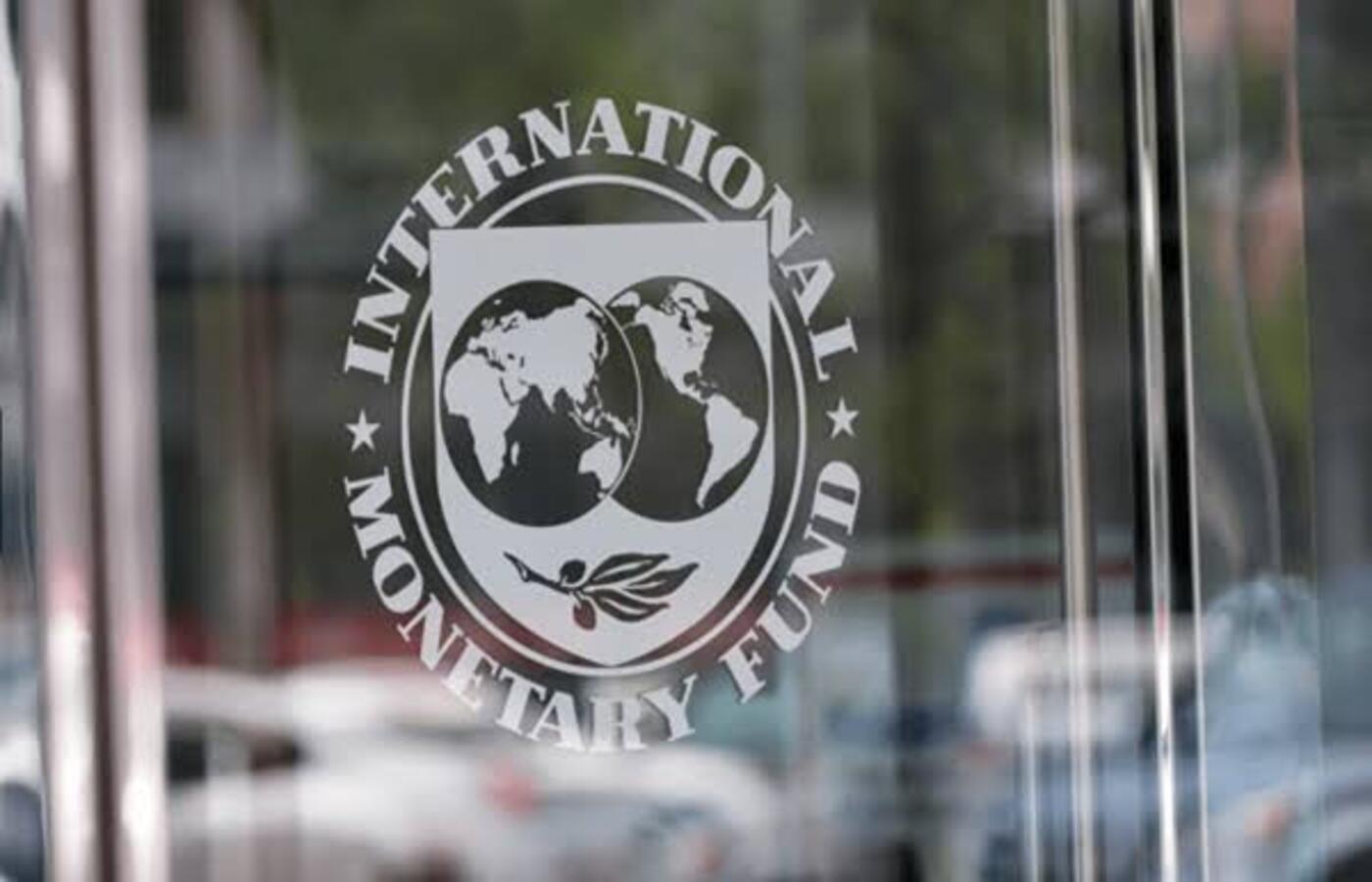Ethiopia is planning to float its currency, the Ethiopian birr, as part of its second homegrown economic reform agenda in order to access a loan from the International Monetary Fund (IMF) and the World Bank. This move comes in response to sustained pressure from the IMF and World Bank to address the country's foreign exchange shortages and improve its economic prospects.
The Ethiopian government had previously resisted devaluing the currency, but officials have now indicated that they are willing to float the birr instead. This could help to attract foreign investment and improve the country's balance of payments, potentially providing much-needed relief to the struggling Ethiopian economy.
However, before the currency can be floated, Ethiopia must complete a debt restructuring process. The IMF has agreed to approve a new program for Ethiopia if the country secures a guarantee on the restructuring from creditors, and Ethiopia expects at least $5 billion of debt to be restructured in the next three years.
The debt restructuring process, started two years after the current Prime Minister Abiy Ahmed assumed power in 2018, will depend on the consensus between the Paris Club and non-Paris Club creditors. If successful, it could help to ease the burden of the country's debt and pave the way for further economic reforms.
The move to float the currency is seen as a significant step for Ethiopia, which has been grappling with foreign exchange shortages and high inflation in recent years. The World Bank and IMF have praised the government's decision to float the currency but have also urged it to take further steps to address its economic challenges.
A floating exchange rate would allow the value of the currency to be determined by market forces, rather than being set by the government. This could help to improve the country's economic prospects and attract foreign investment, potentially leading to greater stability and growth in the long term.
The Ethiopian government is expected to announce further details of its plan to float the currency soon. While the move is not without risks, it is hoped that a floating exchange rate will ultimately help to stabilize the country's economy and improve its prospects for the future.
However, many experts are against the liberalization of the exchange market. They argue that it can lead to a loss of control over the exchange rate, which can make it difficult for governments to manage inflation and other economic issues.





